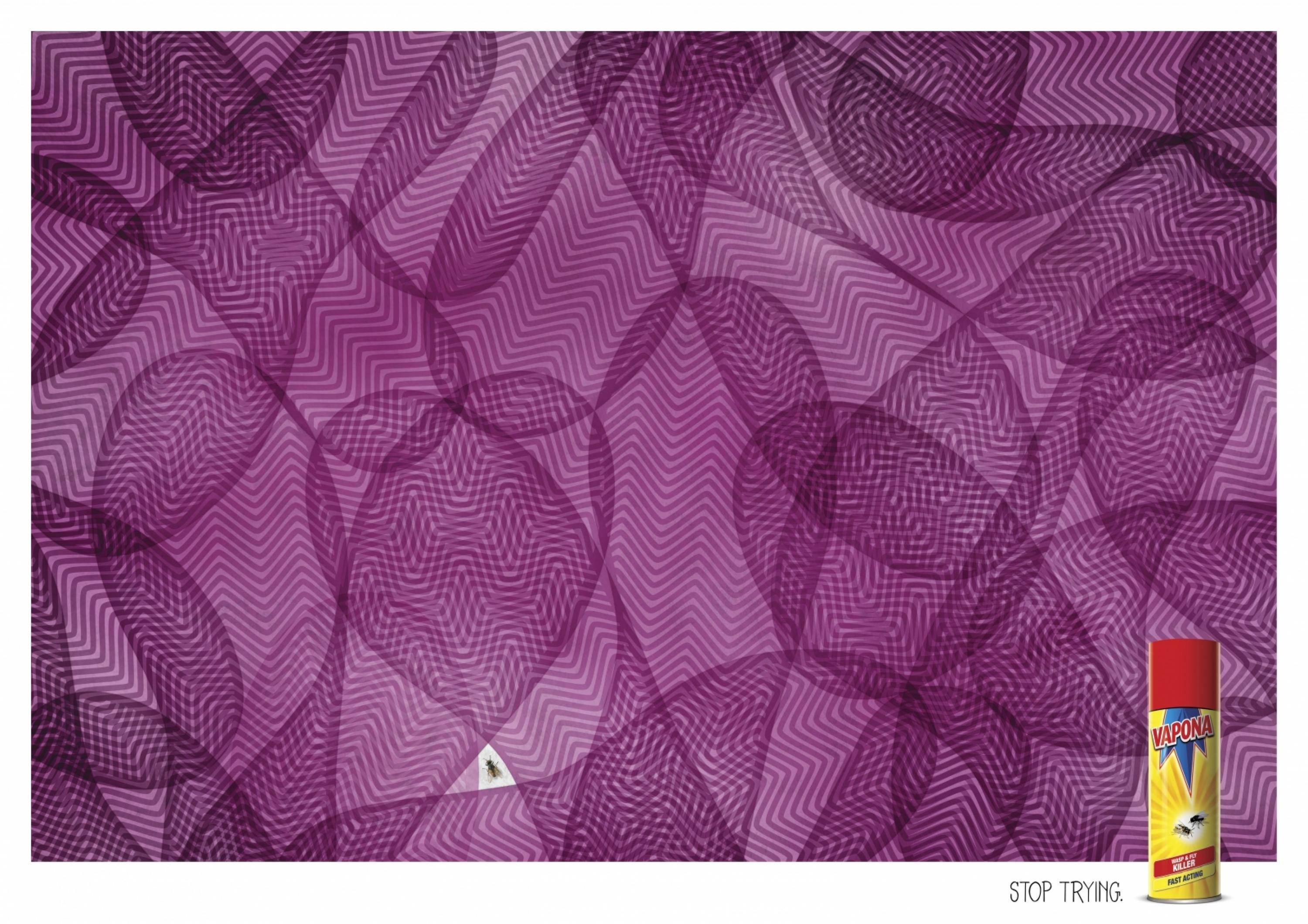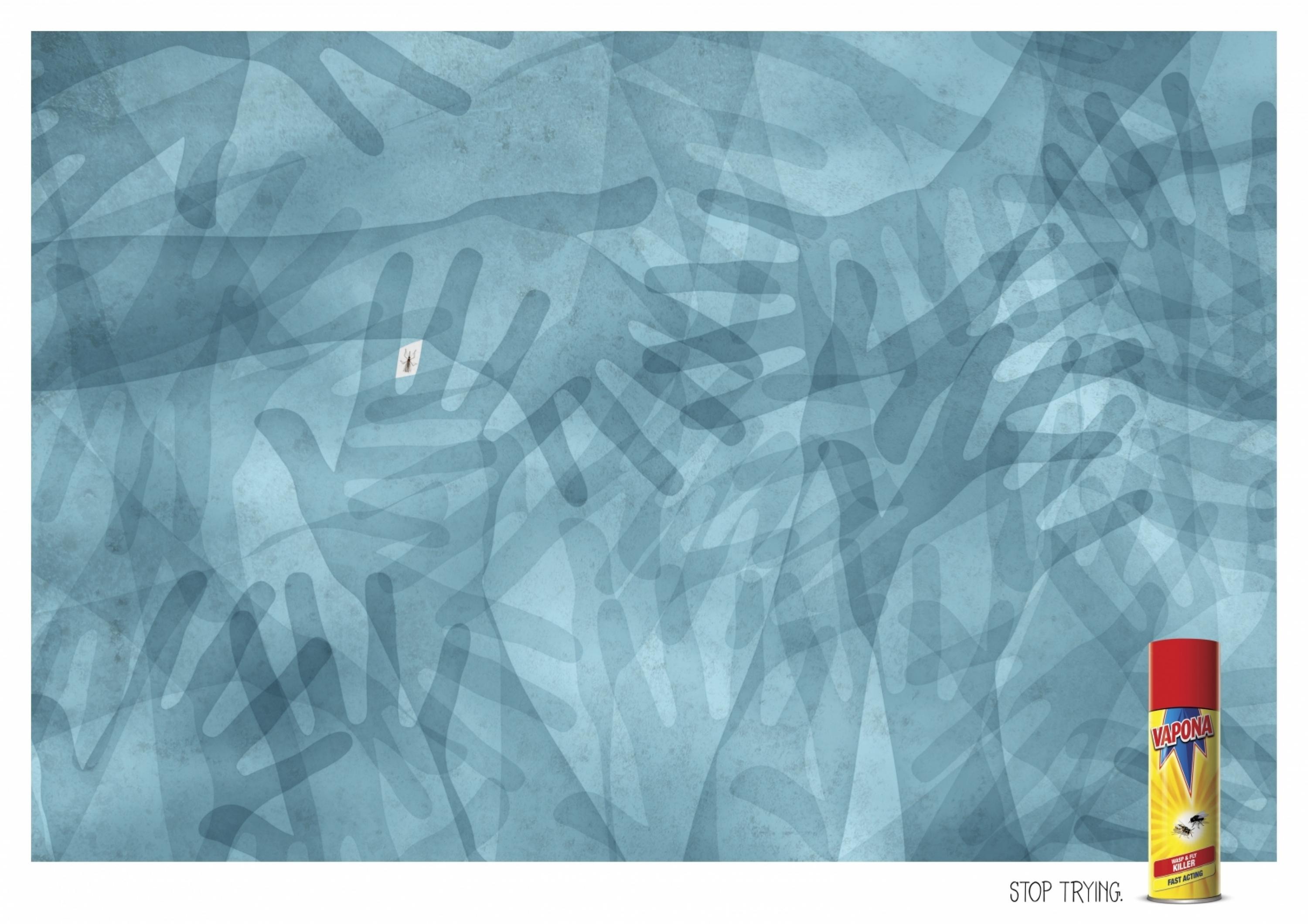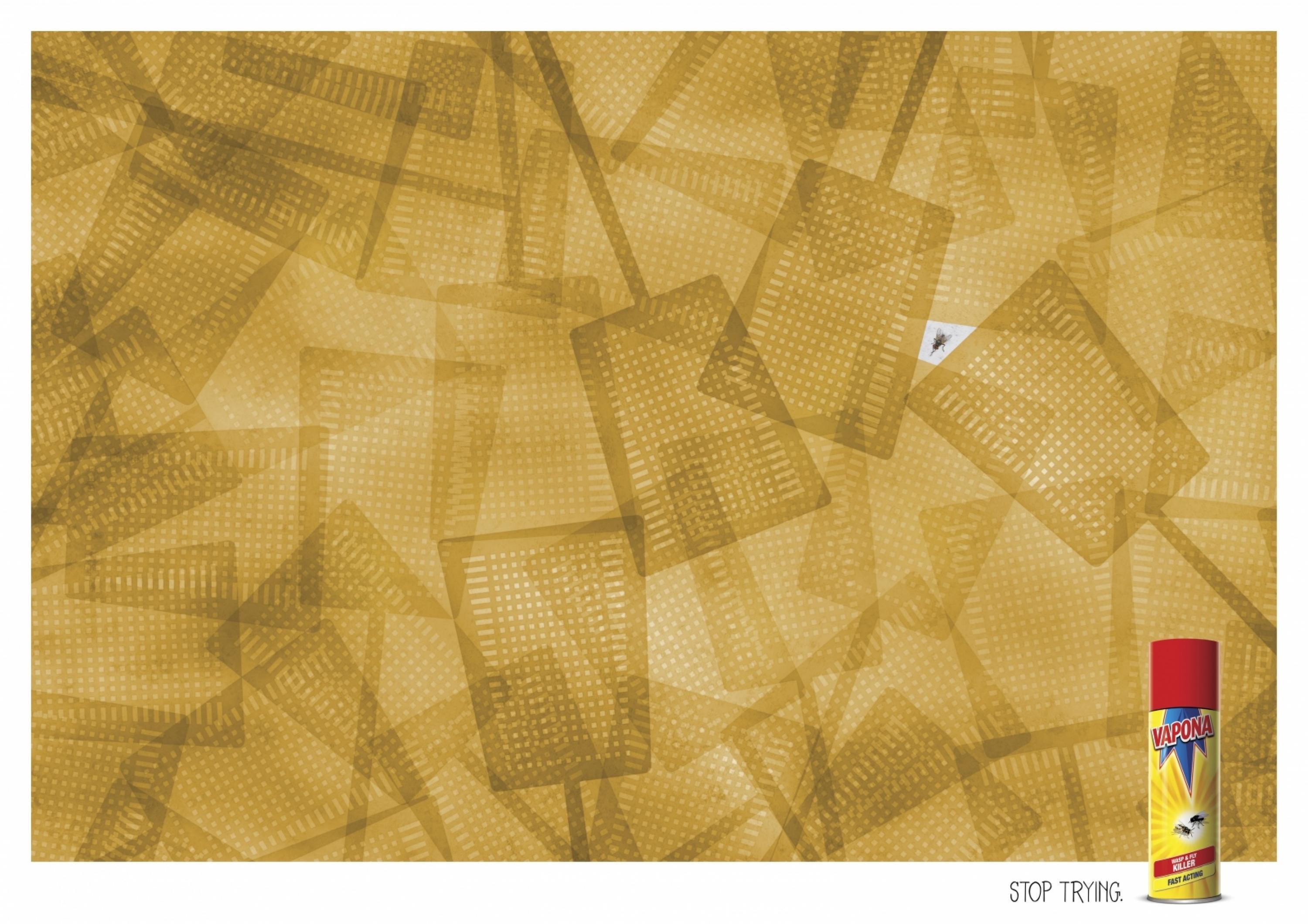PR > Excellence: PR Craft
MONOPOLY OF INEQUALITIES
HEREZIE, Paris / L'OBSERVATOIRE DES INEGALITES / 2022
Awards:

Overview
Credits
Overview
Why is this work relevant for PR?
The success of the game is essentially based on the media coverage it received. With little budget, the only way to let as many people as possible know about the initiative, and to make schools want to implement the tool in their programs, was to get as much publicity as possible. As the idea was easily accessible, contextual, and delivered a very important message, it attracted a lot of media attention. Many journalists went to schools to film their own content. The campaign has already had more than 200 press, TV and radio mentions, in more than 20 countries.
Background
As in most countries, France suffers from social inequality and discrimination. But in a country with the motto “Liberté, Égalité, Fraternité”, it is regrettable to note that the situation is getting worse each year. It is the Observatoire des Inégalités’ role to quantify and qualify these issues by raising public awareness and educating people in ways to fight the problem.
Each year, the Observatoire des Inégalités gathers national data on social inequality and discrimination. Their reports are usually published in the form of books, but the format doesn’t attract a certain part of the general public and undoubtedly the most important part, i.e., the young. It was therefore necessary to come up with an idea that would appeal to this target group and in a way they would understand. We therefore chose what they enjoy doing most: playing games, entertainment and experimenting.
Describe the creative idea
The Monopoly of Inequalities is an educational tool designed by the Observatoire des Inégalités to teach children from the age of 11 about social inequality and discrimination. This teaching takes the form of a game of Monopoly, a game everybody knows well, but the rules have been changed to reflect those of our society. For example, a girl will earn less than a boy when they pass Go, disabled children won’t have access to the stations on the board, children from visible minorities won’t be able to buy property in certain areas, etc. Players don’t play their own roles in the game, so they get a better understanding of what it feels like to be in the other person’s shoes. Each rule is based on real national data gathered by the Observatoire des Inégalités.
Describe the PR strategy
The Monopoly of Inequalities is intended for teaching staff. The principle of the game is to get children to play a game they enjoy, in the presence of an adult, while they are at school. Each game raises questions, creates debates and discussions…and empathy. The aim being to educate them without restricting them.
The project aims to have a long-term impact. The popularity and media coverage of the campaign made it possible for more and more schools to implement the game, which is also for sale on the Observatoire’s website. The rules will be updated every year with the revised national data and it will therefore be possible to highlight examples of a particular case of inequality to reflect current events.
Describe the PR execution
The game was developed in partnership with schools and the adaptation of the licensing agreement in accordance with Hasbro. It is also on sale on the Observatoire’s website.
More than 5000 schools in France are now using the game, a figure which is rising every day, thanks to support from the government and the Paris city council, notably Elisabeth Moreno, Minister of equal opportunities in the current French government.
Some members of the media were invited to create their own content at dedicated sessions in schools, before the launch of the project, in order to gain media coverage more quickly. These journalists played a major role in the success of the operation, enabling the game to be publicized in more than 20 countries.
List the results
The game was a big success in France and internationally, with more than 200 articles in the press and online, and numerous mentions on radio and TV in France and in more than 20 other countries, contributing to the campaign’s rapid virality. All the game boxes on sale on the Observatoire des Inégalités’ website sold out in the first week of the launch, leading to an unexpected product shortage and a re-edition is currently under way.
More than 5000 schools have now implemented the game and in every school, both the pupils and the teachers have praised the initiative, unanimously judging it effective and a necessary tool to help fight inequality and discrimination.
The project quickly received a lot of support from local authorities and the French government. Many teachers discussed it in the media, happy that they at last had an educational tool to tackle the subject of inequality.
More Entries from Public Affairs & Lobbying in PR
24 items
More Entries from HEREZIE
24 items











